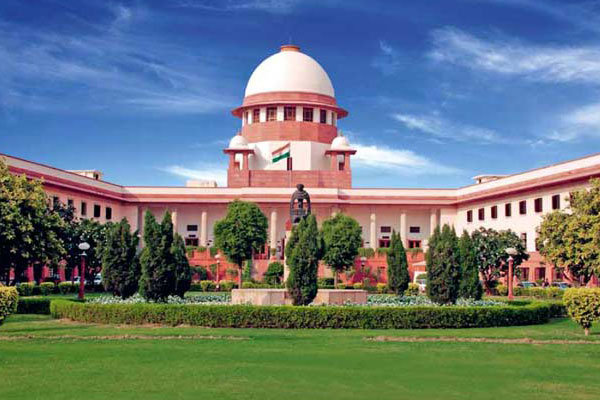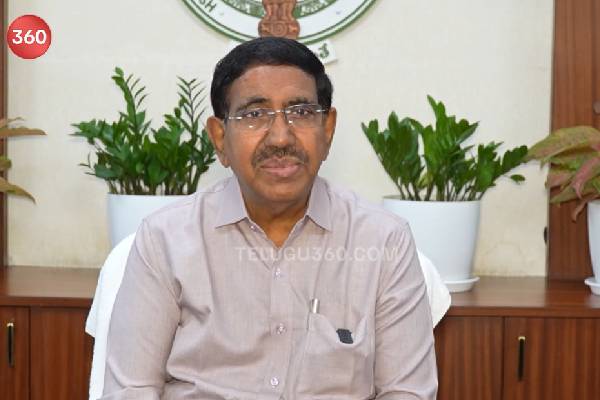SARFAESI Act
The Supreme Court’s landmark judgement two days ago on the validity of SARFAESI Act is said to be a severe setback to separatist tendencies in the Kashmir valley. In this judgement, the apex court made it clear that Article 370 has nothing to do with “sovereignty” of Jammu & Kashmir. Further it asserted the residents of the hilly state are first and foremost the citizens of India.
Indian Parliament enacted the SARFAESI Act (also known as “Secularisation Act”) for providing expeditious process of realisation of secured assets of financial institutions. Certain individuals affected by measures taken by SBI had challenged the measures. High Court of Jammu & Kashmir held that it was not within the competence of Indian Parliament to make the SARFAESI Act applicable to the State of Jammu & Kashmir.
While striking down the High Court’s judgement and upholding the applicability of SARFAESI Act to the State of Jammu & Kashmir, the Supreme Court held that the Jammu & Kashmir constitution is subservient to the Indian constitution & the constitution of India is supreme.
Supreme Court made strong observations such as …“The High court judgement begins from the wrong end and therefore reaches the wrong conclusion” and Supreme Court went on to add that –“We have been constrained to observe this because in at least three places the High Court has gone out of its way to refer to a sovereignty which does not exist.”
The Supreme Court has put to rest the unwarranted controversies raised by certain individuals and organisations on the issue of Citizenship, Separate Constitution and Sovereignty with regard to the State of Jammu & Kashmir and has held in uni-vocal term that not only Instrument of Accession but also the Constitution adopted by the people of Jammu & Kashmir itself recognises that Jammu & Kashmir is an integral part of India.




































